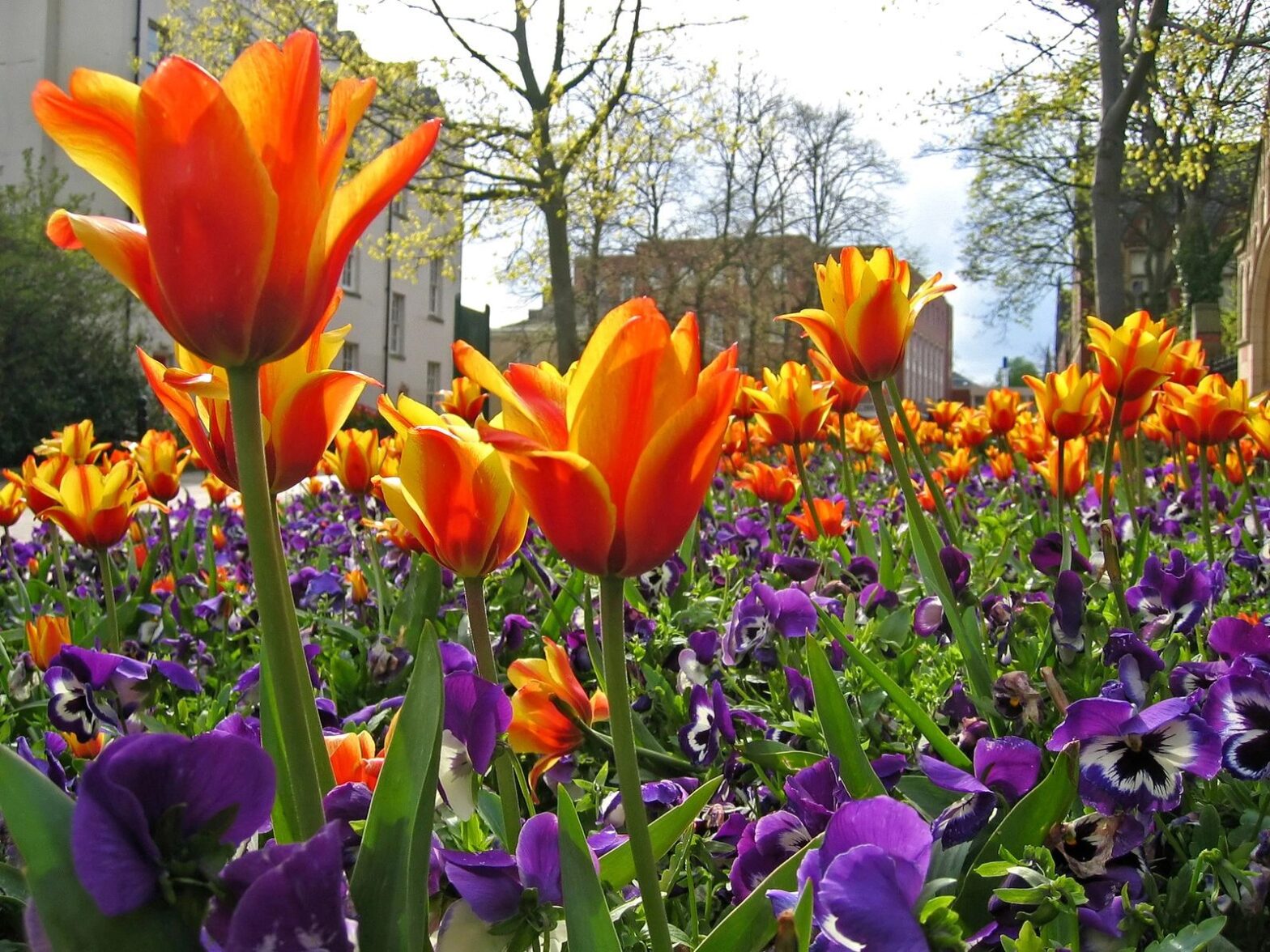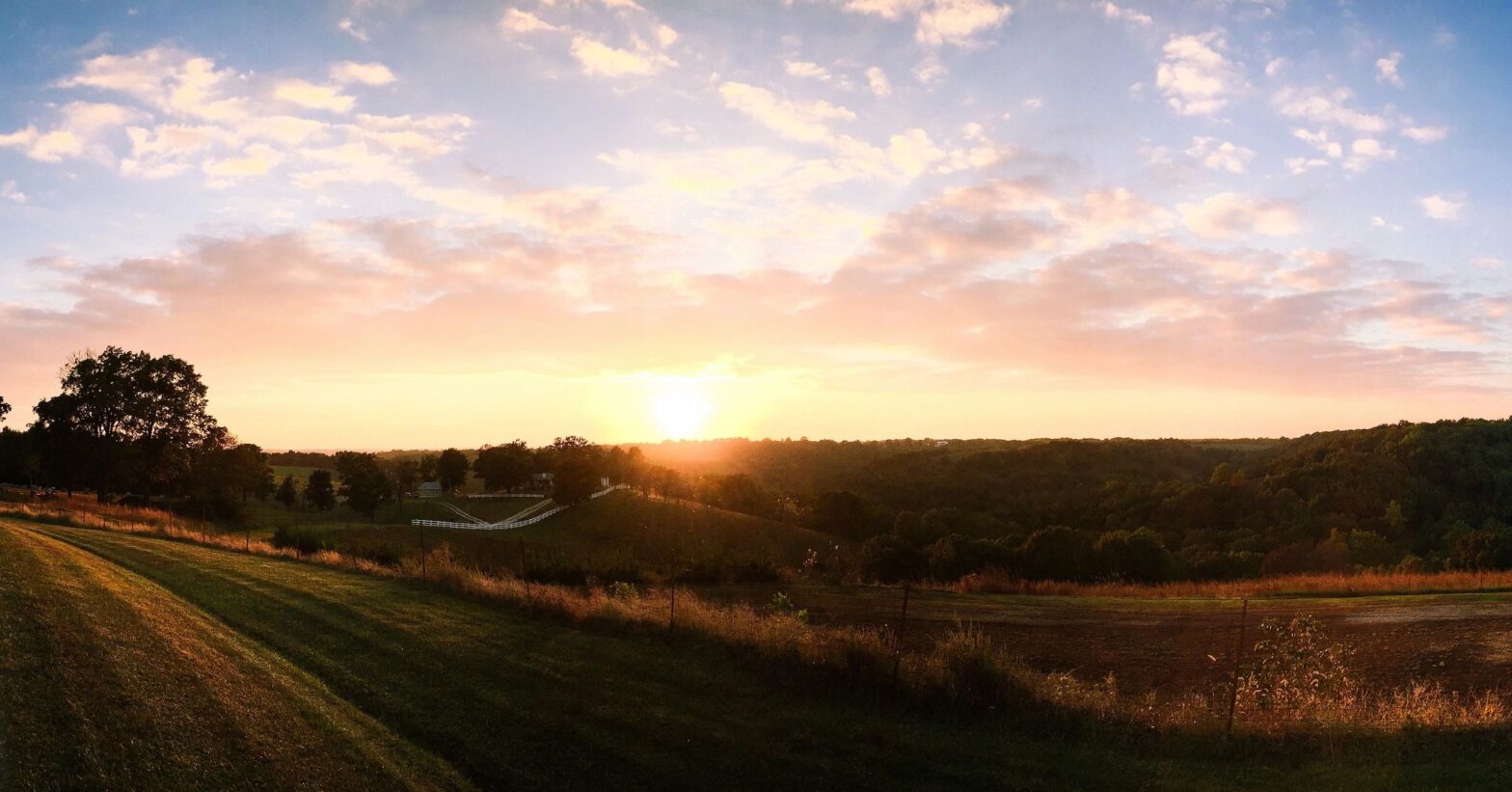Ever feel like you’re sprinting on a treadmill, hustling from one task to the next, but never really getting anywhere? Like you’re so caught up in the rat race, you’ve forgotten how to simply be? Yeah, we hear you. You’re juggling a million things, and “me time” feels like a luxury you can’t afford. And that guilt? It’s like a pesky mosquito, constantly buzzing in your ear, reminding you that you’re neglecting yourself.
But here’s the thing: what if you could find joy right here, right now, amidst the chaos? What if you could tap into a wellspring of peace and contentment, without needing to escape to a secluded mountaintop or a tranquil beach? Sounds like a pipe dream, right? But trust us, it’s not.
You see, joy isn’t some elusive treasure that’s hidden at the end of a rainbow. It’s right here, in the present moment. And mindfulness? It’s your golden key. So, are you ready to unlock a life of joy and fulfillment, without adding another task to your already overflowing plate? Let’s dive in. Let’s embark on this journey to joy, together.
Mindfulness as a Path to Joy
Ever feel like you’re just going through the motions? Like you’re living your life on autopilot, disconnected from the world around you? It’s a common feeling, but it doesn’t have to be this way. Mindfulness, the practice of being fully present and engaged in the current moment, can be your path to joy.
Think about it. When you’re fully present, you’re not worrying about the past or stressing about the future. You’re here, now, fully engaged in the moment. And that’s where joy lives. In the now.
But how do you incorporate mindfulness into your daily life? It’s simpler than you might think. Next time you’re eating, try this: instead of mindlessly shoveling food into your mouth, really pay attention. Savor the taste, the texture, the aroma. You might just find that your meal becomes a whole lot more enjoyable.
The Power of Mindful Breathing
Breathing. It’s something we do without even thinking about it. But what if we told you that by paying attention to your breath, you could reduce anxiety, increase focus, and find a sense of calm? Sounds counterintuitive, right? But it’s true.
Mindful breathing is a powerful tool. By focusing on your breath, you’re grounding yourself in the present moment. And when you’re present, you’re not caught up in your thoughts, your worries, your fears. You’re just here, now, breathing.
So next time you’re stuck in traffic or waiting in line, try this: instead of getting frustrated, focus on your breath. Feel the air entering your lungs, your chest rising and falling. It’s a simple act, but it can transform a stressful situation into a moment of calm.
Mindfulness and Emotional Resilience
Life is full of ups and downs. It’s a rollercoaster, and sometimes, it can feel like you’re on the verge of flying off the tracks. But what if there was a way to ride these ups and downs with grace and resilience? Enter mindfulness.
Mindfulness allows you to experience your feelings without getting swept away by them. It’s like being in the eye of the storm – around you, things may be chaotic, but you remain calm and centered.
For instance, let’s say you’re having a difficult conversation with a loved one. Instead of reacting impulsively or getting defensive, you take a mindful approach. You listen, you breathe, you respond with kindness and understanding. It’s not always easy, but it can transform your relationships and help you navigate life’s challenges with grace.
Mindfulness and Relationships
Ever feel like you’re not really connecting with the people in your life? Like you’re talking at each other, not to each other? It’s a common problem, but mindfulness can help.
Mindful listening, for example, can transform your interactions. Instead of planning your response while the other person is still talking, you fully focus on them. You listen to their words, their tone, their body language. You’re fully present, fully engaged.
And the result? Deeper, more meaningful connections. Because when you’re truly listening, you’re not just hearing the words – you’re understanding the emotions, the experiences, the person behind them.
The Power of Mindful Movement
Ever noticed how a walk in the park or a swim in the ocean can make you feel calm and centered? That’s mindful movement in action. By focusing on your body and how it moves, you’re grounding yourself in the present moment.
But you don’t need to be in nature or in the water to practice mindful movement. You can do it anywhere, anytime. Even during your daily chores.
Next time you’re washing the dishes, try this: instead of rushing through it, really pay attention. Feel the warmth of the water, the slipperiness of the soap, the weight of the dishes. It’s a simple act, but it can transform a mundane task into a moment of calm and focus.
Mindfulness and Self-Compassion
We’re often our own harshest critics. We beat ourselves up over our mistakes, our flaws, our failures. But what if we could learn to treat ourselves with the same kindness and compassion we show to others?
Mindfulness can help us do just that. By being present and non-judgmental, we can learn to accept ourselves as we are, warts and all.
Next time you’re beating yourself up over a mistake, try this: instead of getting caught up in self-criticism, take a mindful approach. Acknowledge your feelings, but don’t judge them. Treat yourself with kindness and understanding. It’s not always easy, but it can transform your relationship with yourself.
The Joy of Mindful Living
Mindfulness isn’t just a tool to reduce stress or improve focus. It’s a way of life. A way to experience the world in all its richness and beauty.
When you’re mindful, you’re not just existing – you’re truly living. You’re savoring the taste of your morning coffee, feeling the warmth of the sun on your skin, listening to the laughter of a loved one.
And the result? A deeper sense of joy and fulfillment. Because when you’re fully present, you’re not missing out on the beauty of the now. And that’s where joy lives. In the now. In the everyday moments that make up our lives.
Embracing the Path to Lasting Joy
Unleashing the Miracle of Mindfulness has been an incredible journey, one that has touched the hearts and minds of busy professionals like you, who often find themselves trapped in the whirlwind of stress and guilt. As we reach the end of this transformative expedition, let us take a moment to acknowledge and validate the emotions that may have been swirling within you.
Picture this: you’re racing against the clock, overwhelmed by the demands of your career, family, and personal aspirations. The weight of guilt settles upon your shoulders, whispering in your ear that you should be doing more, being more. It’s a familiar battle, one that leaves you feeling drained, disconnected, and unable to savor the simple joys of life. But my friend, let me assure you, you are not alone in this struggle.
Life’s demands can be relentless, and it’s natural to feel overwhelmed and guilty when we can’t find the time or energy to maintain mindfulness. But here’s the thing: you are doing the best you can with the resources you have. It’s okay to stumble, to feel the weight of stress, and to momentarily lose sight of the path to joy. We are all imperfect beings, navigating a complex world.
Now, let’s take a moment to reflect on the incredible benefits that this article has unveiled. Remember the peace that washed over you when you first embraced mindfulness? The way it allowed you to savor the present moment, to find solace amidst chaos, and to reconnect with your true self? These are not fleeting moments; they are the building blocks of a life filled with joy and contentment.
By harnessing the power of mindfulness, you have the ability to transform your life. You can cultivate a deep sense of gratitude, finding beauty in the simplest of things. You can nurture your relationships, fostering genuine connections that bring warmth to your heart. You can tap into your inner strength, facing challenges with resilience and grace. And most importantly, you can reclaim your right to enjoy life, to savor each precious moment that unfolds before you.
As we bid farewell to this journey, let me leave you with this: you are capable of greatness. You have the power to rise above the chaos, to embrace mindfulness even in the busiest of moments. Remember, it’s not about perfection; it’s about progress. Each step you take, no matter how small, brings you closer to a life filled with joy and fulfillment.
So, my dear friend, let us rise together, hand in hand, and give ourselves a standing ovation. For you have embarked on a path that few dare to tread, and in doing so, you have unlocked the door to lasting joy. Embrace this newfound wisdom, carry it with you always, and let it guide you towards a life that is truly worth living. The world awaits your radiant presence, and I have no doubt that you will shine brightly, illuminating the lives of those around you.
Now, go forth and embrace the miracle of mindfulness. Your journey to joy has only just begun.









